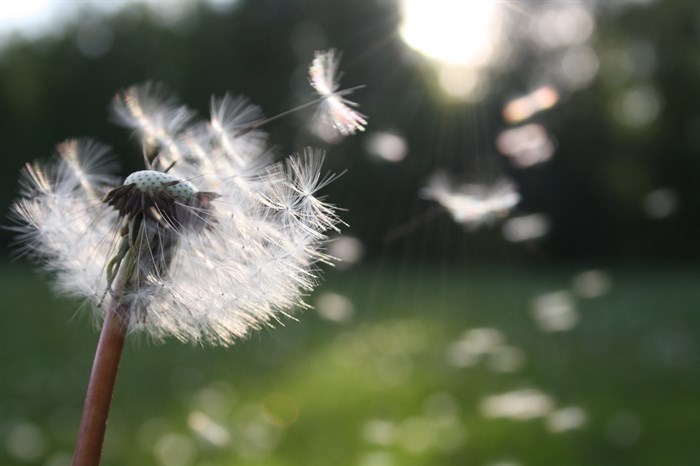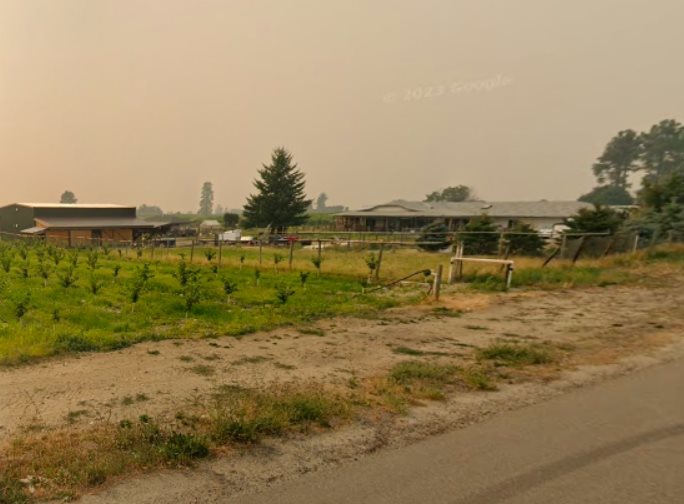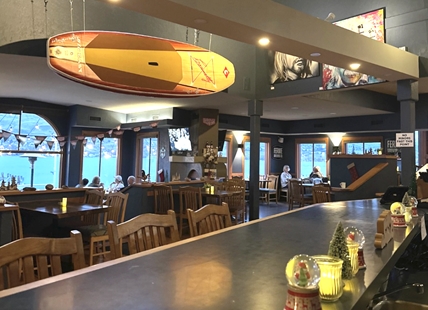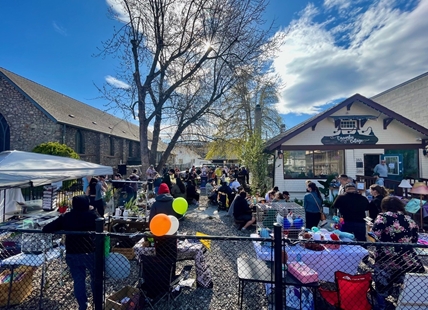Kelowna farmer wants to grow dandelions and other plants

Dandelions may be the bane of those who don't want to see them in the lawns and gardens but a Southeast Kelowna orchardist and farmer wants to grow them for their roots and leaves.
“Dandelion is a rich source of fibre and many vitamins and minerals,” states an application from Calvin Kuipers to the City of Kelowna asking for their support for a bistro on his property at the corner of McCulloch and Gulley roads.
“These can include promoting liver health and fighting inflammation. Dandelions are a rich source of beta carotene and polyphenol compounds, both of which may neutralize harmful free radicals and protect against chronic disease. They support blood sugar management and boost skin, liver, and heart health. Several studies have determined that dandelion extract may slow the growth of certain types of cancer.”
Dandelions are only one of a dozen plants on his list to grow and process into teas, balms, oils, fresh bundles, coffee substitutes and preserves to sell in the proposed bistro.
The other plants he wants to grow include burdock root, mallow root, plantain, chicory root, lavender, sage, mint, lemon balm, rosemary, thyme and sweetgrass.
“We have been working with the Syilx knowledge keepers, as well as the Okanagan Indigenous Music and Arts Society on educating ourselves on the many local plants that grow in our area and the highly effective properties they contain,” the application says. “By serving our community with these plants we will educate others on local agriculture, thus preserving and encouraging farming of these plants.”
Kuipers got in trouble with the city back in 2017 when he was forced to remove seven parked RVs that he rented space to as a way to subsidize his farm income.
READ MORE: Low-income RV park in orchard country won't fly with Kelowna council
The application also says that he used to grow grapes on the property for Frequency Winery that recorded music onsite that was used to “settle the sediment in the wine that was produced on location.” That equipment is now used for live events on the farm.
“Additionally, we have utilized existing musical equipment to examine how music can affect plant growth and seed germination through the science of cymatics and solfeggio frequencies,” the application says. “We hope to further the study of bioacoustics on plant growth, plant health, as well as seed germination in 2024.”
Kuipers currently grows and sells tomatoes, peppers, blueberries, squash, cucumbers, pumpkins, herbs and house plants. His retail space is an outlet for other farmers to sell fruit. He also raises sheep and sells their wool on site.
“Our mission is to raise awareness of the indigenous plants located in the Okanagan (many of which are not well understood, cultivated or harvested currently),” the application says. “These beneficial plants are often eradicated with harmful pesticides, possibly compounding the cycle of long-term illness and adverse health effects. We wish to raise awareness of the medicinal properties of plants and how we can use them in our day-to-day lives.
“More people are becoming aware of the unnecessary and harmful chemicals and additives in our food, that are known to contribute to heart disease and cancer (the two leading causes of death globally). Many people want to grow their own food supply, preserve their own food, and offer healthy options for their families. Unfortunately, many do not know where to begin or how to incorporate these practices and plants in their daily lives.”
The property is 5.7 hectares (14.1 acres) with the area intended for the bistro being about 4,000 square feet. Currently, that part of the farm is identified as non-farm use with a commercial building and two parking areas, the application says.
The application goes to the City of Kelowna for comment only. It will have to go to the Agricultural Land Commission for approval or rejection.
— This article was updated at 8:55 a.m. Tuesday, Jan. 30, 2024, to remove most references to indigenous since most plants mentioned are not actually indigenous to the Okanagan.
To contact a reporter for this story, email Rob Munro or call 250-808-0143 or email the editor. You can also submit photos, videos or news tips to the newsroom and be entered to win a monthly prize draw.
We welcome your comments and opinions on our stories but play nice. We won't censor or delete comments unless they contain off-topic statements or links, unnecessary vulgarity, false facts, spam or obviously fake profiles. If you have any concerns about what you see in comments, email the editor in the link above. SUBSCRIBE to our awesome newsletter here.









